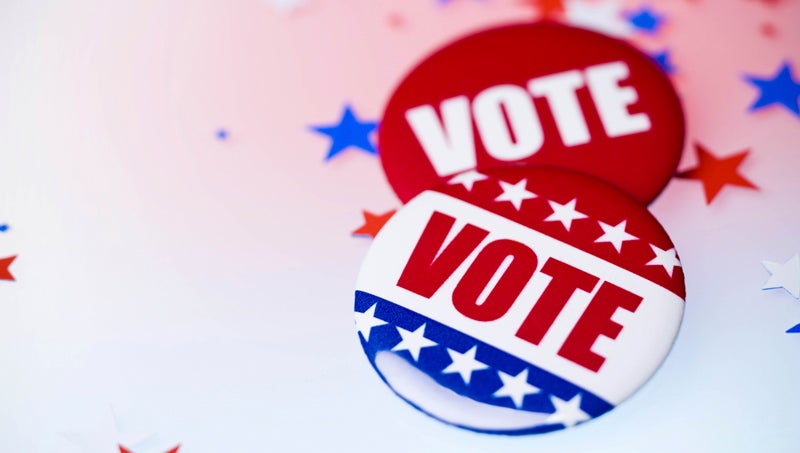League issues scores
Published 12:21 am Thursday, February 9, 2012
Conservation voters rank Hagan high, Burr near the bottom
The North Carolina League of Conservation Voters has released a ranking of North Carolina’s congressional delegation in the 2011 National Environmental Scorecard.
The scorecard, compiled by the National League of Conservation Voters, differs widely in its assessment of the environmental voting records of the state’s two U.S. senators and 13 House members.
A news release shows the national league rated U.S. Sen. Kay Hagan, D-N.C., at the 100-percent level, indicating Hagan’s votes coincided with the league’s environmental positions 100 percent of the time.
The league rated U.S. Sen. Richard Burr, R-N.C., at the 9-percent level.
On the House side, the two congressmen representing Beaufort County — Rep. G.K. Butterfield, D-N.C., and Rep. Walter Jones, R-N.C. — scored 94 percent and 34 percent, respectively.
“The 2011 Scorecard includes 11 Senate and a record 35 House votes on issues ranging from public health protections to clean energy to land and wildlife conservation,” reads a news release from the league. “The House votes included in the 2011 Scorecard are simply many of the most significant votes taken in a year that saw the House voting more than 200 times on the environment and public health.”
For a full list of the league’s rankings, see the following link: http://www.lcv.org/scorecard.
“The scorecard is a public-education product. It is not electoral,” Kate Geller, director of media relations for the league, said in a phone interview from her Washington, D.C., office.
The league has published the scorecard annually for more than 40 years, Geller said.
“It’s just a means of scoring each member of Congress voting each year on the most important environmental votes that take place each year,” she commented.
A league committee decides which votes to track in consultation with national environmental organizations based in the nation’s capital, Geller related.
Asked whether the rankings have had political ramifications in past elections, she replied, “I think the proof is in how members of Congress perceive them. It really is sort of the measuring tool in regards to environment and public health.”
Though they’re far apart on the scorecard, Burr and Hagan did agree on at least one issue, the league’s website shows.
The two senators voted “yes” on an amendment to the Economic Development Revitalization Act of 2011. Approved by a vote of 73-27, the amendment repealed incentives for the ethanol industry, “including a tax subsidy for oil companies that blend ethanol into conventional gasoline and an ethanol import tariff,” the website reads.
The Washington Daily News placed calls and emails seeking comment on the scorecard from spokesmen for Burr and Hagan.
“I am committed to ensuring that policies enacted by Congress do not negatively impact the health of North Carolina’s citizens or our economy,” Hagan said in an emailed statement. “Several of the bills included in this report would have put the health of North Carolinians at risk and cut off important infrastructure funding needed to revitalize our communities and support construction jobs across the state. I will continue to fight for legislation that protects the health and safety of North Carolinians and safeguards our economic competitiveness.”
A statement from Burr’s office hadn’t been received as of press time.
The national League of Conservation Voters describes itself as a nonpartisan entity.
According to the Federal Election Commission’s website, as of Dec. 31, 2011, the group had listed $591,502 in individual contributions during the 2011-2012 election cycle.
The league had contributed $17,100 to Democratic House campaign committees and $24,250 to Democratic Senate campaign committees during the current cycle, reads a post on OpenSecrets.org, a project of the Center for Responsive Politics in Washington, D.C.
Among the congressmen who’d received contributions from the league was U.S. Rep. Heath Shuler, D-N.C., of Haywood County. The league gave Shuler $500.
As of Jan. 2, the league hadn’t contributed to Republican candidates in the 2012 election cycle, OpenSecrets reported.





